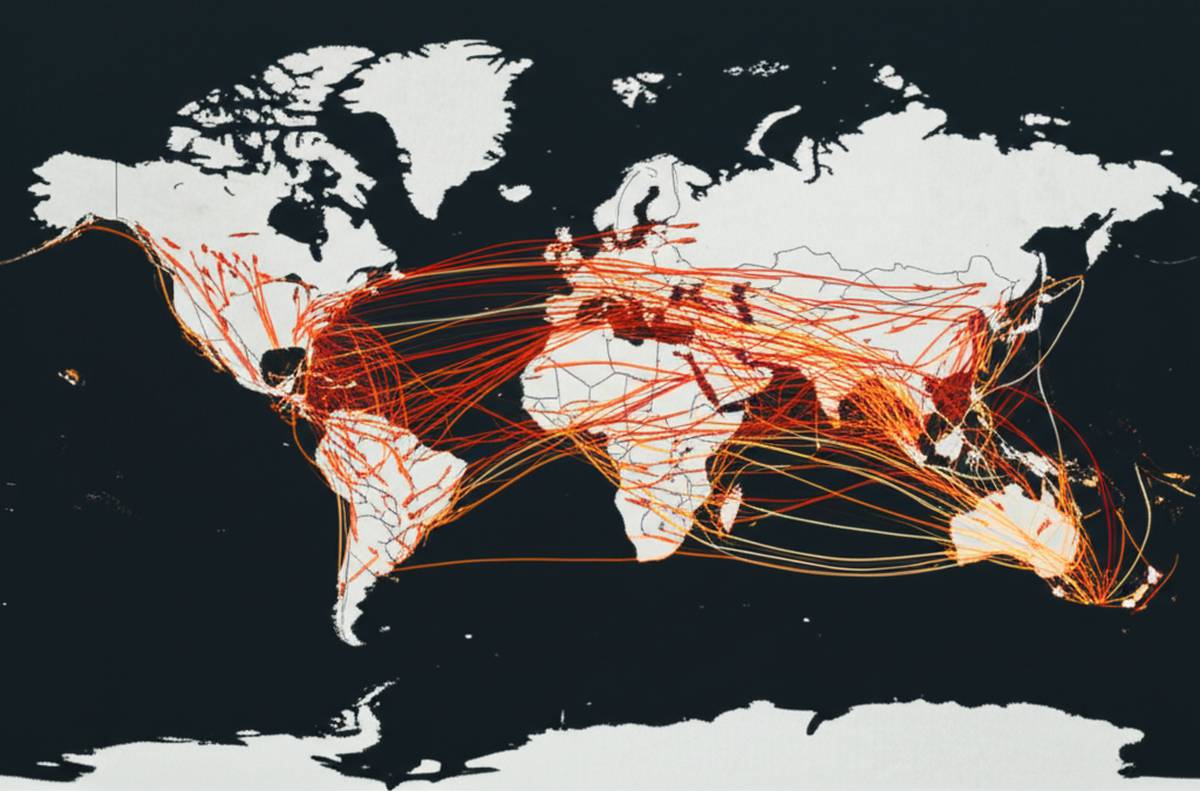War is a tragedy that extends far beyond the battlefield. While the immediate loss of life and physical destruction are horrific, the long-term consequences often involve significant shifts in population, a drain on skilled workers, and a flight of capital. Understanding these interconnected impacts—War, Migration, Talent, and Capital—is crucial for developing effective strategies to mitigate the damage and foster recovery.
The Devastating Impact of War: A Multifaceted Crisis
War disrupts every facet of society, leading to profound and lasting consequences. Beyond the immediate casualties and physical destruction, the economic, social, and political landscapes are irrevocably altered. Let’s examine the interconnected challenges that arise in the wake of armed conflict.
Mass Migration and Displacement
One of the most immediate and visible consequences of war is the displacement of populations. People flee their homes to escape violence, persecution, and the collapse of essential services. This mass migration can overwhelm neighboring countries and create humanitarian crises. According to the UNHCR, the number of people forced to flee their homes due to conflict, violence, or persecution continues to rise dramatically (UNHCR Statistics).
- Internal Displacement: Millions are forced to move within their own country, seeking refuge in safer regions.
- Refugee Flows: People cross international borders, seeking asylum and protection in other nations.
- Strain on Resources: Host countries often struggle to provide adequate food, shelter, and healthcare to the influx of refugees.
The psychological toll on displaced populations is immense. Many experience trauma, loss, and uncertainty about the future. The disruption of social networks and cultural ties can further exacerbate the challenges of integration and rebuilding lives. For more on resources to help, see the Billionmode start here guide.
The Brain Drain: Loss of Skilled Talent
War often leads to a significant loss of skilled workers and professionals, a phenomenon known as “brain drain.” Faced with insecurity, economic hardship, and limited opportunities, talented individuals seek better prospects elsewhere. This exodus of human capital can severely hamper a country’s ability to rebuild and develop its economy.
- Skilled Professionals: Doctors, engineers, scientists, and educators often seek opportunities in more stable and prosperous countries.
- Entrepreneurs and Innovators: Business owners and innovators may relocate their operations to escape the conflict and protect their assets.
- Long-Term Impact: The loss of skilled workers can create a skills gap, hindering economic growth and development for generations to come.
Addressing the brain drain requires creating an environment that attracts and retains skilled talent. This includes investing in education, promoting economic opportunities, and ensuring political stability. Consider exploring life design strategies to understand how to achieve location independence in times of conflict.
Capital Flight: Economic Instability
The instability and uncertainty caused by war often lead to capital flight, as investors seek to protect their assets by moving them to safer havens. This outflow of capital can destabilize financial markets, reduce investment, and hinder economic recovery.
- Loss of Investment: Businesses postpone or cancel investment plans, further exacerbating economic decline.
- Currency Depreciation: The value of the national currency may decline, making imports more expensive and increasing inflation.
- Economic Contraction: Reduced investment and economic activity can lead to a recession or depression.

To mitigate capital flight, governments need to restore investor confidence by implementing sound economic policies, promoting transparency, and ensuring the rule of law. You might find useful information on wealth building on our site.
Strategies for Mitigation and Recovery
Addressing the interconnected challenges of war, migration, talent drain, and capital flight requires a multifaceted approach that encompasses humanitarian aid, economic development, and political stability.
Providing Humanitarian Assistance
Meeting the immediate needs of displaced populations is crucial for alleviating suffering and preventing further deterioration of the situation. This includes providing food, shelter, medical care, and psychosocial support.
- International Aid: Governments, NGOs, and international organizations play a vital role in providing humanitarian assistance.
- Local Support: Local communities and organizations often step up to provide support to displaced populations.
- Long-Term Solutions: Addressing the root causes of displacement is essential for finding long-term solutions.
Investing in Education and Skills Development
Investing in education and skills development is essential for rebuilding human capital and fostering economic growth. This includes providing access to education for displaced children and adults, as well as supporting vocational training and skills development programs.
- Education for All: Ensuring access to quality education for all, regardless of their displacement status.
- Skills Training: Providing vocational training and skills development programs to help people find employment.
- Higher Education: Supporting higher education institutions and research to foster innovation and economic development.
Promoting Economic Opportunities
Creating economic opportunities is crucial for attracting and retaining skilled talent, as well as stimulating economic growth. This includes promoting entrepreneurship, supporting small businesses, and attracting foreign investment. You might also be interested in exploring ways to create digital income.
- Entrepreneurship Support: Providing access to funding, training, and mentorship for entrepreneurs.
- Small Business Development: Supporting small businesses through access to credit, technical assistance, and market access.
- Foreign Investment: Creating an attractive investment climate to attract foreign capital and technology.
Fostering Political Stability and Good Governance
Establishing political stability and good governance is essential for creating an environment conducive to economic development and social progress. This includes promoting democracy, strengthening the rule of law, and combating corruption.
- Democratic Institutions: Strengthening democratic institutions and promoting citizen participation.
- Rule of Law: Ensuring the rule of law and protecting human rights.
- Anti-Corruption Measures: Implementing measures to combat corruption and promote transparency.
By addressing these interconnected challenges and implementing comprehensive strategies, it is possible to mitigate the devastating impacts of war and foster a path towards sustainable recovery and development. Furthermore, understanding your money mindset is a great first step toward building a more resilient future.
Ready to Take Control of Your Future?
Subscribe to the Billionmode newsletter for exclusive insights, strategies, and resources to help you build wealth, achieve freedom, and live a meaningful life, even in uncertain times. Don’t wait, your journey to a better future starts now!
Frequently Asked Questions (FAQ)
What are the main consequences of war on a country’s economy?
War can devastate a country’s economy by causing mass migration, talent drain (loss of skilled workers), capital flight (investors moving assets elsewhere), destruction of infrastructure, disruption of trade, and increased government debt. These factors can lead to long-term economic decline and hardship for the population.
How does migration impact both the country experiencing war and the host countries?
For the war-torn country, migration results in a loss of human capital, a shrinking workforce, and a decline in tax revenues. Host countries may face challenges in providing resources (housing, healthcare, education) to the influx of migrants. However, migrants can also contribute to the host country’s economy by filling labor shortages, starting businesses, and paying taxes, and the effects of AI automation are also a factor to consider.
What can be done to mitigate the negative impacts of war on migration, talent, and capital?
Mitigation strategies include providing humanitarian assistance to displaced populations, investing in education and skills development, promoting economic opportunities, fostering political stability and good governance, and implementing sound economic policies to restore investor confidence. International cooperation and support are also crucial for helping war-affected countries rebuild.
Conclusion
The interconnected challenges of War, Migration, Talent, and Capital flight demand comprehensive and compassionate solutions. By understanding the far-reaching consequences of conflict, we can work towards building a more peaceful and prosperous future for all. Visit our blog for more articles.



